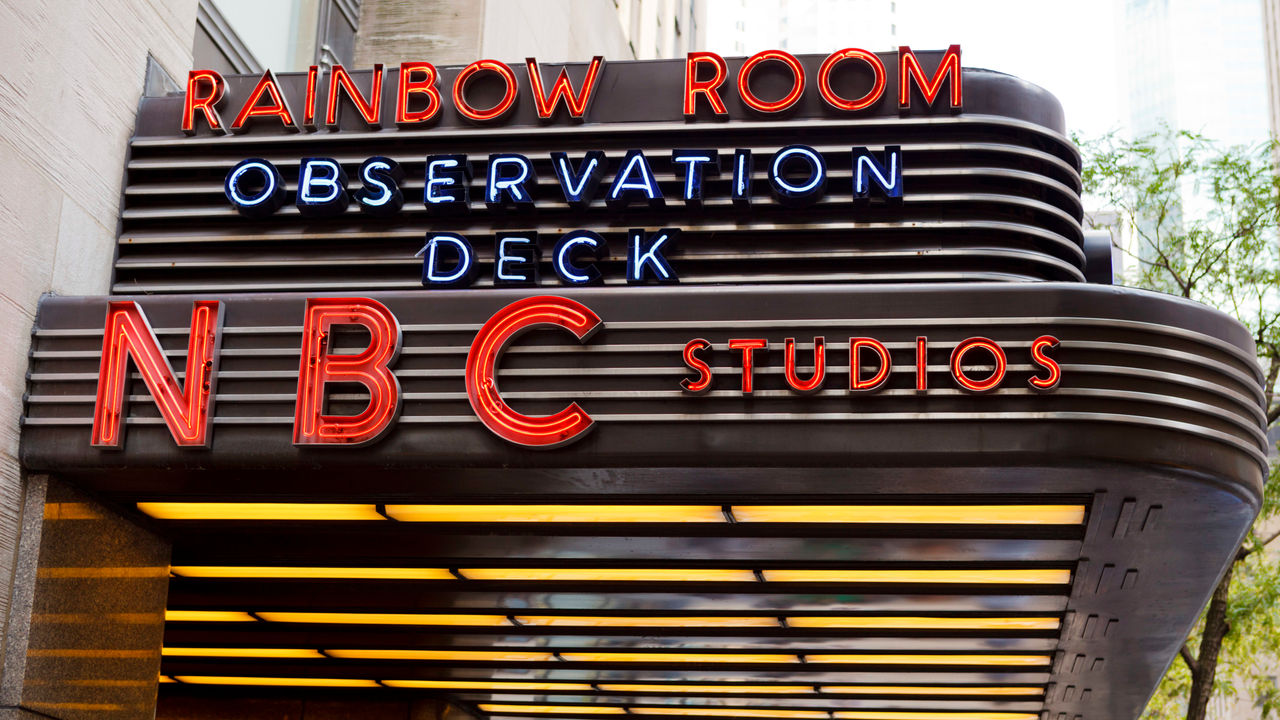Ugly Policy Alleged at NBC: Only Beautiful People Need Apply
Hiring policies favoring good-looking people may be misguided but are not unlawful

"Although it may be surprising to hear, discrimination in employment based on physical attractiveness is not in itself illegal under federal or state law," said Laura Harshbarger, an attorney with Bond, Schoeneck & King in Syracuse, N.Y., though she noted that a few cities nationwide, including Madison, Wis., Urbana, Ill., and Washington, D.C., have laws prohibiting such discrimination.
She cautioned, however, that preferring a certain physical look could be illegal under federal or state laws if it results in discrimination on a basis that is unlawful, such as race, religion, age, disability or sex. "If an employer, for example, refuses to hire an older man as an account representative on the belief that customers will give more business to a young woman, that is discrimination based on sex and age, which is illegal," she said.
Harshbarger added that a workplace that values physical attractiveness not only is a breeding ground for sexual harassment but also fosters competition among applicants on the relatively irrelevant issue of appearance.
The goal of hiring should be to employ the most qualified person for a job, she noted. "Attractiveness is no indicator of intelligence, attitude, work ethic or any of the other attributes that make for a stellar worker," she said. "An employer that hires based on attractiveness may be missing out on fantastic workers, even if it is not acting illegally."
Appearance Standards Upheld
Some courts have upheld appearance and even weight standards, noted Jill Cohen, an attorney with Eckert Seamans in Princeton, N.J. For example, the New Jersey Appellate Court upheld the personal appearance standards of Borgata Hotel Casino and Spa in Atlantic City, N.J. The hotel required that certain employees called "BorgataBabes" could not gain or lose more than 7 percent of their body weight, barring medical reasons. The employees had to submit to periodic weigh-ins.
"The company imposed the same 7 percent above baseline weight increase for men as for women, and therefore the court held that the weight standard was not facially discriminatory," said Daniel Schlein, an attorney in New York City.
But the court returned the case to a lower court to determine if 11 of the plaintiffs were subjected to a hostile work environment over the policy's enforcement. Some of these plaintiffs exceeded the 7 percent limit because of medical or post-pregnancy conditions and alleged the weight standard resulted in harassment due to gender, ABC News reported.
Appearance standards may be considered a bona fide occupational qualification when they are necessary for the operation of an employer's business in limited circumstances, such as for a movie part or a fashion show, Schlein noted.
"It is not much of a stretch to recognize that for similar reasons, the television industry wants attractive on-air personalities," said Mark Kluger, an attorney with Kluger Healey in Florham Park, N.J. "If the same criteria for on-air talent were applied to off-air positions, however, there could be more legal complications depending on who may be screened out. Age discrimination will most likely always be a potential problem with appearance-based hiring criteria."
Appearance policies can involve characteristics beyond mere attractiveness. The 11th U.S. Circuit Court of Appeals, for example, upheld an employer's right to rescind an offer to a candidate who refused to cut her dreadlocks, citing a grooming policy, Cohen said. "Tattoo and jewelry policies are also commonplace for employers," she noted. "Appearance standards regulating facial hair and style may implicate religious or national origin discrimination, so employers need to be careful," she said.
"Since beauty is in the eye of the beholder, reasonable people may differ on what 'good-looking' means," said Laurent Drogin, an attorney with Tarter Krinsky & Drogin in New York City. While employers technically may seek out only good-looking employees without violating federal or state law, they may as a practical matter wind up with disparate impact claims, such as for gender or age discrimination, he cautioned.
[SHRM members-only HR Q&A: What are disparate impact and disparate treatment?]
Social Media Question Dicey
Schlein said requesting access to social media accounts opens the door to potential issues relating to race, color, religion, disability and age. "Even where the employer does not actually rely upon the information it learns in a search of an applicant's social media, it may be difficult later to dispel the suggestion that it harbored a discriminatory intent," he noted.
Currently, 25 states ban employers from requesting access to an applicant's or employee's social media accounts. "New York does not have such a law; New Jersey does," Kluger noted.
"Since there is no known correlation between good looks and ability to perform a job, focusing on looks guarantees a workforce where some better people are excluded, while at the same time alienating employees who will arguably lose their good looks over time and become potential plaintiffs," Drogin said.
NBC and Daniel Kaiser, Belanger's lawyer, declined to comment.
Was this article useful? SHRM offers thousands of tools, templates and other exclusive member benefits, including compliance updates, sample policies, HR expert advice, education discounts, a growing online member community and much more. Join/Renew Now and let SHRM help you work smarter.
An organization run by AI is not a futuristic concept. Such technology is already a part of many workplaces and will continue to shape the labor market and HR. Here's how employers and employees can successfully manage generative AI and other AI-powered systems.



